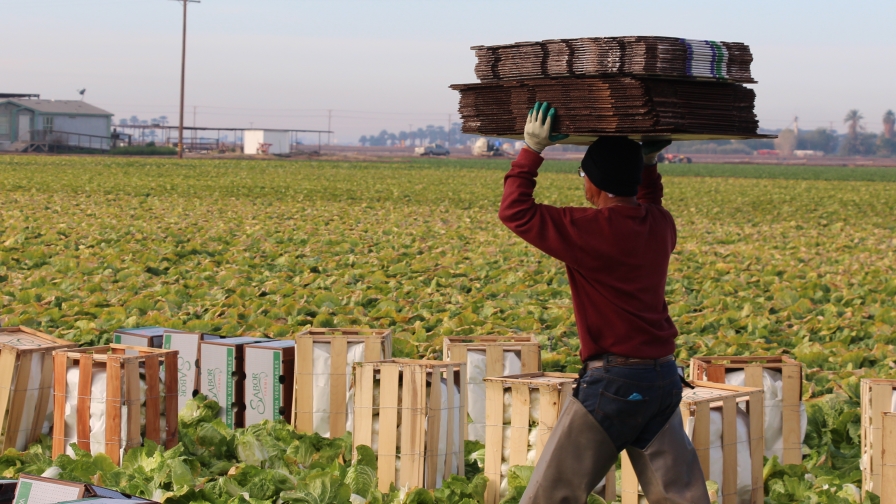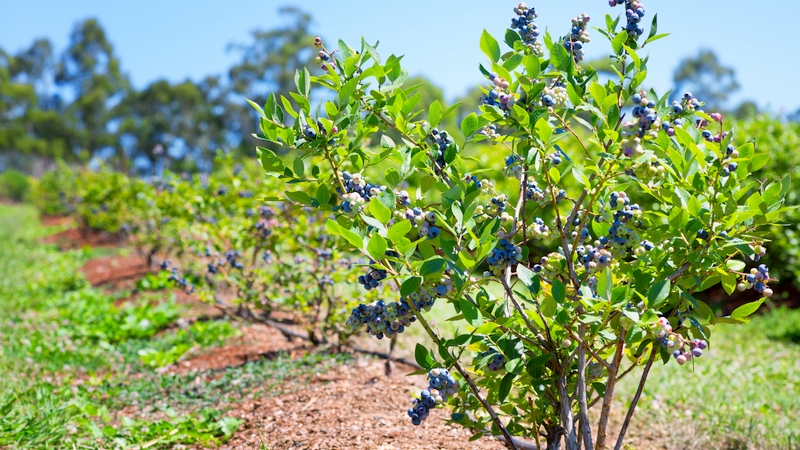The Case for Food and Agriculture Is Critical in Trying Times

The U.S. government has 16 critical infrastructure sectors. Food and agriculture stands tall among those sectors, especially as the world copes with COVID-19.
Everyone needs to eat and drink. This point comes to the forefront, especially during times of crisis. That’s precisely why the Food and Agriculture industry is among the U.S. Department of Homeland Security’s 16 critical infrastructure sectors. Being designated as such can help ease uncertainties and possible roadblocks for industry stakeholders in the face of COVID-19.
Per the Department of Homeland Security: “There are 16 critical infrastructure sectors whose assets, systems, and networks — whether physical or virtual — are considered so vital to the United States that their incapacitation or destruction would have a debilitating effect on security, national economic security, national public health or safety, or any combination thereof.”
To help keep U.S. agriculture moving ahead, streamlining turbulent issues with unimpeded access to farm labor is essential. Delays in visa processing in Mexico as well as “shelter-in-place” situations like what is being experienced in California threaten the sector’s health amid the coronavirus chaos.
According to Robert Guenther, Senior VP of Public Policy for United Fresh Produce Association, a letter from the Agriculture Workforce Coalition has been sent to the U.S. State Department outlining major concerns regarding H-2A and reminding lawmakers of agriculture’s critical nature to humanity’s well-being.
Part of the letter reads as follows: “An interruption to the processing of agricultural worker visas will undoubtedly cause a significant disruption to the U.S. food supply. As you know, the Food and Agriculture Sector, responsible for food manufacturing, processing, and storage facilities, accounts for one-fifth of the nation’s economic activity and has been designated a ‘Critical Infrastructure Sector’ by the Department of Homeland Security. Critical infrastructure sectors are considered so vital to the United States that their incapacitation or destruction would have a debilitating effect on security, national economic security, national public health or safety, or any combination thereof. Presidential Policy Directive 21 (PPD-21): Critical Infrastructure Security and Resilience advances a national policy to strengthen and maintain secure, functioning, and resilient critical infrastructure. In order to ensure uninterrupted food, crop, and commodity production, we urge you to recognize all H-2A, as well as any other non-immigrant visa petition involving an agricultural worker, visa consular processing functions as ‘essential’ and direct the U.S. Consulates to treat all agricultural worker appointments as emergency visa services.”
In addition, the Food and Agriculture sector has critical ties with several other sectors as well, including:
- Water and wastewater systems, for clean irrigation and processed water
- Transportation systems, for movement of products and livestock
- Energy, to power the equipment needed for agriculture production and food processing
- Chemical, for fertilizers and pesticides used in the production of crops
The COVID-19 situation continues to evolve. Stay tuned as updates come in.
Like this article? Go ahead and click the “Applause” button below. And feel free to leave a reader comment.









